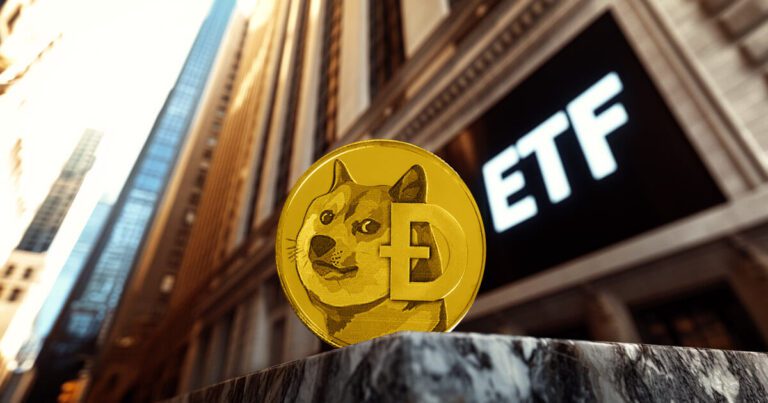In the world officially laid The S-1 shape for its Dogine spot (DOGE) Stock market negotiated funds (ETF) with the Securities and Exchange Commission of the United States (SEC) on January 28.
In addition, CBOE rejected The 19b-4 forms to exchange Solana (GROUND) Valve,, CanaryBitwise, and 21hares.
Bloomberg ETF analyst James Seyffart highlighted That the market expected Bitwise’s decision when they recorded a Doge Trust last week.
He added that it is not a potential “slam dunk” with a chance to definitively obtain the approval of the dry. However, Seyffart declared that the new administration of the regulator could process the products linked to DOGE differently.
Bloomberg Senior ETF Analyst Eric Balchunas highlighted Bitwise use of the 1933 law to deposit its Dogecoin product. It is the same legislation as Blackrock place Bitcoin ETF, the Ibitentered.
In addition, a 19b-4 form for the trade of Dogecoin ETF must be filed, that Seyffart believes will happen soon. Despite being a same, Doge is the 8th greatest crypto by market capitalization, at a price of $ 0.32 from press time per press per Cryptoslate data. He recorded nearly $ 2 billion in the negotiation volume in the last 24 hours.
CIO in the Bit sense Matt Hougan Recently told Financial Times that market capitalization and DOGE liquidity justify its inclusion in an FNB.
Third test
Another significant movement in the American Crypto ETF landscape was the CBOE references for the Solana ETF trading. Seyffart explain That the previous ones, who were CBOE’s second try, were refused.
According to a Prediction at the end of 2024Seyffart and Balchunas expect ETF Solana to be approved in the United States. However, products negotiated in exchange linked to assets such as Litecoin (Thal) and Hedera (Hbar) will potentially be approved first.
Investments for purposes and 3iq management of digital assets laid For ETF Solana in Canada yesterday.
Balchunas declared That Canada probably batra the United States by approving a Solana ETF spot. There is a 35 -year tendency of the American deposit first, but being beaten by Canada, due to “more liberal regulators”.
However, he pointed out that things could be different, because the approach of the new dry administration at deposits is not clear.


